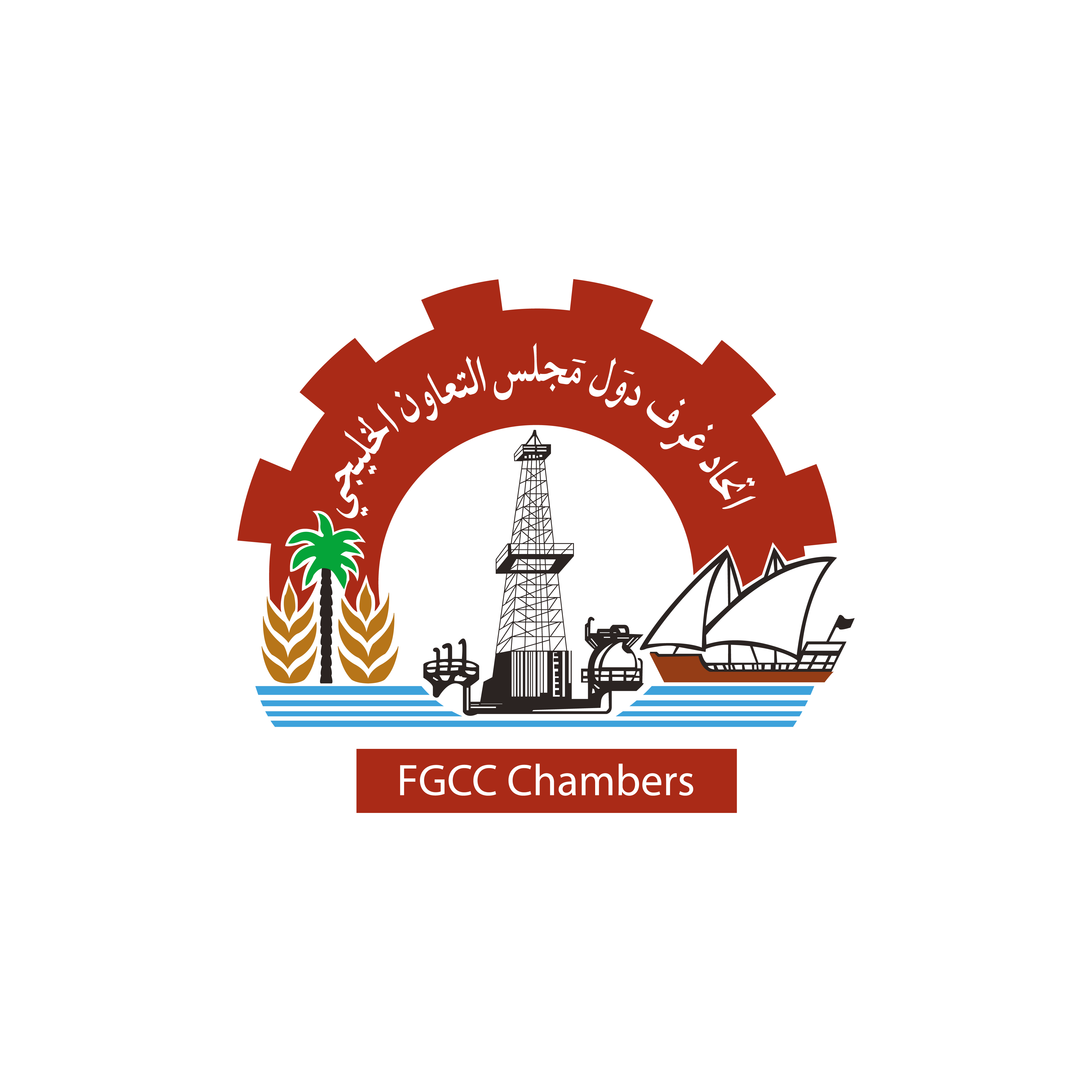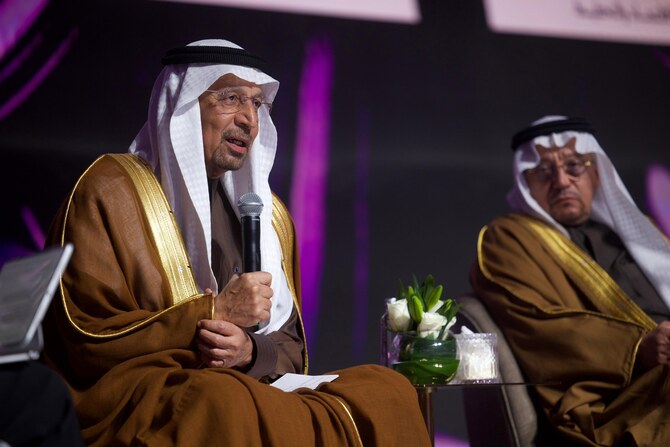Saudi Arabia is de-risking investments for foreign small and medium-sized enterprises to encourage their entry into the Kingdom, according to a senior official.
In an interview with Arab News on the sidelines of the Standard Incentives for the Industrial Sector program, Saudi Minister of Investment Khalid Al-Falih said the initiative aims to attract international SMEs that have for decades been integral to supply chains in their home countries.
The announcement follows a joint effort by the ministries of industry and mineral resources and investment to allocate SR10 billion ($2.66 billion) to activate standardized incentives for the industrial sector.
This initiative, approved by the Cabinet last month, seeks to empower industrial investments, foster sustainable development, and enhance Saudi Arabia’s global industrial competitiveness.
“De-risking is a key component. Come to Saudi Arabia. We will de-risk the investment for you,” Al-Falih said, emphasizing the government’s commitment to creating a business-friendly environment.
He added: “We will do matchmaking with the Saudi investors, and then they can, hopefully, recreate, and maybe we innovate with them to do something bigger for what they are doing in their home country.”
The program also aims to build value chains by encouraging international SMEs to collaborate with local Saudi firms, fostering innovation and shared growth.
“I think the Kingdom has been doing well in attracting large multinationals. However, when we go to Germany, we find out 70 to 80 percent of the German GDP is by SMEs, who may only operate in Germany and Europe. They don’t know the Middle East. They don’t know Saudi Arabia,” Al-Falih said.
“As we build these value chains, we need to help our SMEs in Saudi Arabia by bringing with them some international SMEs that have been doing some of this production and manufacturing, feeding the large OEMs (original equipment manufacturers) for decades in their own home country.”
While Saudi Arabia has successfully attracted large-scale investments in multibillion-dollar projects like the green hydrogen initiative, Lucid, and Ceer, Al-Falih noted that mid-sized companies face unique challenges. These include a lack of credit history, limited local ecosystems, and rising costs of funding and production.
“By us having this tool available to us, if it’s a new product, differentiated product, that will plug a missing component or a link in a value chain, we can do it quickly, and these companies will be able to bridge that gap and move quickly, so that’s the intention,” he said.
The initiative aligns with the Kingdom’s collaborative government approach, with policies shaped by the Localization and Balance of Payments Committee chaired by Crown Prince Mohammed bin Salman.
The program also takes advantage of Saudi Arabia’s geographic location — connecting three continents — its open market, and low customs tariffs to attract international and local investors.
Al-Falih described the incentives as a significant step toward achieving Vision 2030’s goals and the National Investment Strategy, which aim to attract and develop industrial investments while elevating the Kingdom’s industrial competitiveness.



